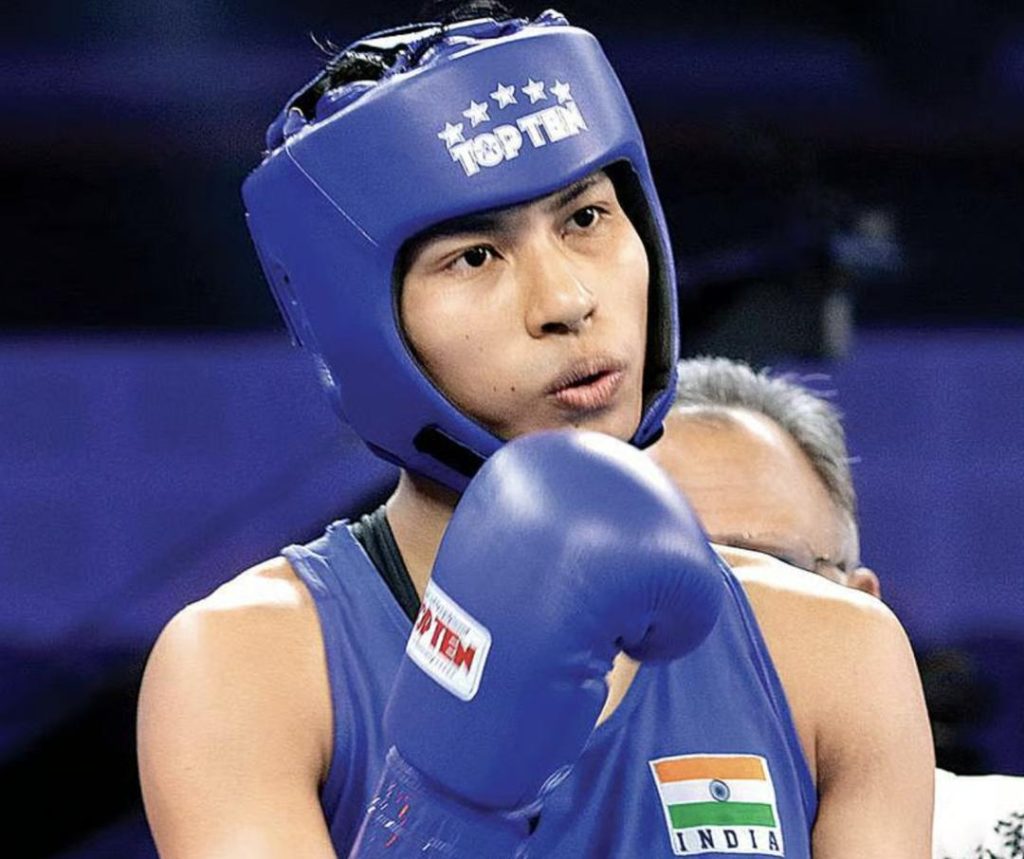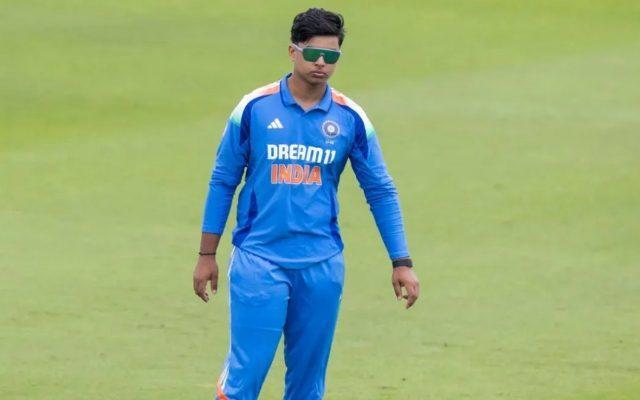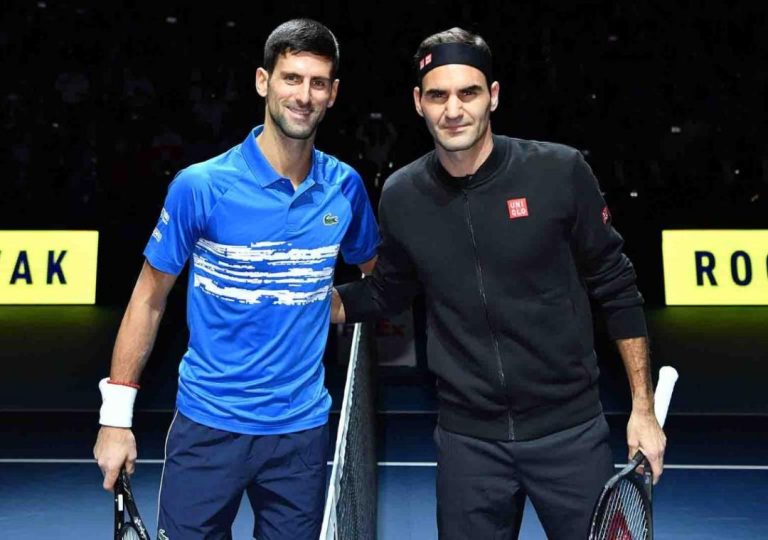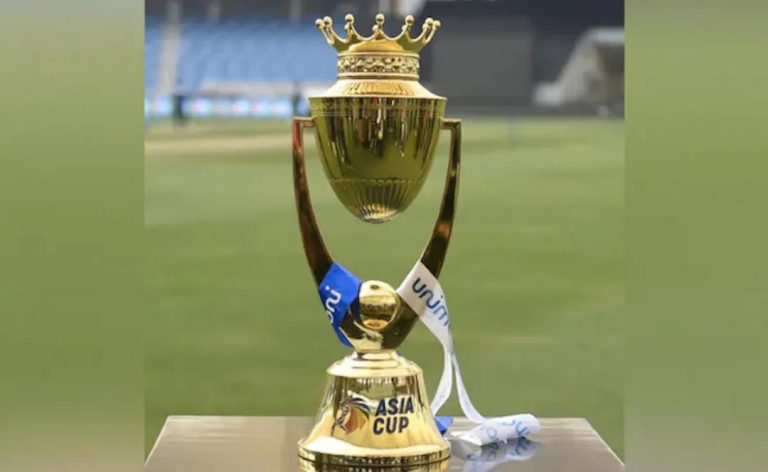
BFI Official Told Me to ‘Shut Up, Lower Your Head & Do as We Say’: Olympic Medallist Lovlina
The world of sports is often touted as a place where athletes can achieve greatness, break records, and inspire millions. However, behind the scenes, the journey of these athletes is often fraught with challenges, biases, and sometimes, outright disrespect. The latest example of this is the shocking revelation made by Olympic bronze medal-winning boxer Lovlina Borgohain, who accused the Boxing Federation of India (BFI) executive director Col Arun Malik of humiliating her and undermining her achievements during a Zoom meeting.
The incident, which has sparked widespread outrage and demands for accountability, took place recently when Lovlina was summoned by the BFI to discuss her performance and future plans. What was supposed to be a routine meeting turned out to be a humiliating experience for the 24-year-old athlete, who had won a bronze medal at the Tokyo Olympics last year.
According to Lovlina, Col Malik told her to “shut up, lower your head and do as we say” during the meeting, which was attended by officials from the Sports Authority of India (SAI) and the Target Olympic Podium Scheme (TOPS). The boxer’s words were laced with a tone of gender-discriminatory dominance, which left her feeling belittled and disrespected.
“It wasn’t just a matter of him being rude or abrupt. His words were dripping with an alarming tone of gender-discriminatory dominance,” Lovlina said in an interview. “He was trying to tell me what I should do, how I should behave, and what I should say. It was like he was talking down to me, like I was a child.”
This is not the first time that Lovlina has faced discrimination or bias in her career. The athlete has spoken publicly about the struggles she faced growing up as a girl from a small town in Assam, where access to sports infrastructure and training was limited. Despite these challenges, Lovlina persevered and went on to become one of the top boxers in the country.
However, her success has not shielded her from the biases and patriarchal attitudes that are prevalent in Indian sports. Lovlina has faced sexism and objectification from coaches, officials, and even fans, who often reduce her to her physical appearance or her relationship status.
The BFI’s response to Lovlina’s allegations has been lacking, to say the least. Col Malik has denied any wrongdoing, claiming that the meeting was a routine discussion about Lovlina’s performance and future plans. However, Lovlina’s account raises serious questions about the BFI’s commitment to creating a safe and respectful environment for its athletes.
The Indian Olympic Association (IOA) has launched an inquiry into the matter, and Lovlina has requested a formal apology from the BFI. The incident has also sparked a wider conversation about the need for greater accountability and transparency in Indian sports.
As the nation celebrates the achievements of its athletes, it is imperative that we also acknowledge the challenges they face and the biases they encounter. Lovlina’s story is a powerful reminder of the need for a more inclusive and respectful sports ecosystem, where athletes are treated with dignity and respect.
In conclusion, Lovlina’s experience is a stark reminder of the need for greater accountability and transparency in Indian sports. The BFI’s handling of the situation has been disappointing, and it is imperative that the organization takes concrete steps to address the allegations and create a safer and more respectful environment for its athletes.
As we move forward, it is essential that we prioritize the well-being and dignity of our athletes, and create a sports ecosystem that is free from bias and discrimination. Only then can we truly celebrate the achievements of our athletes and ensure that they are able to reach their full potential.






